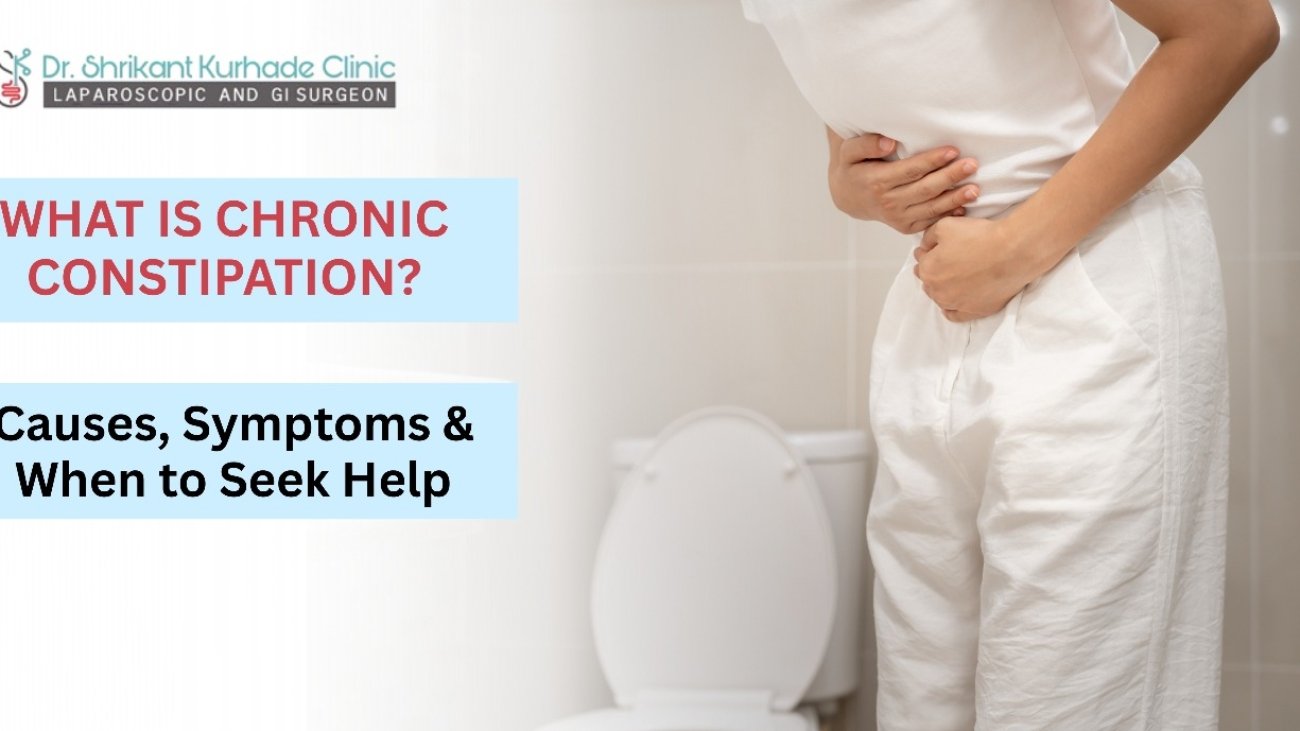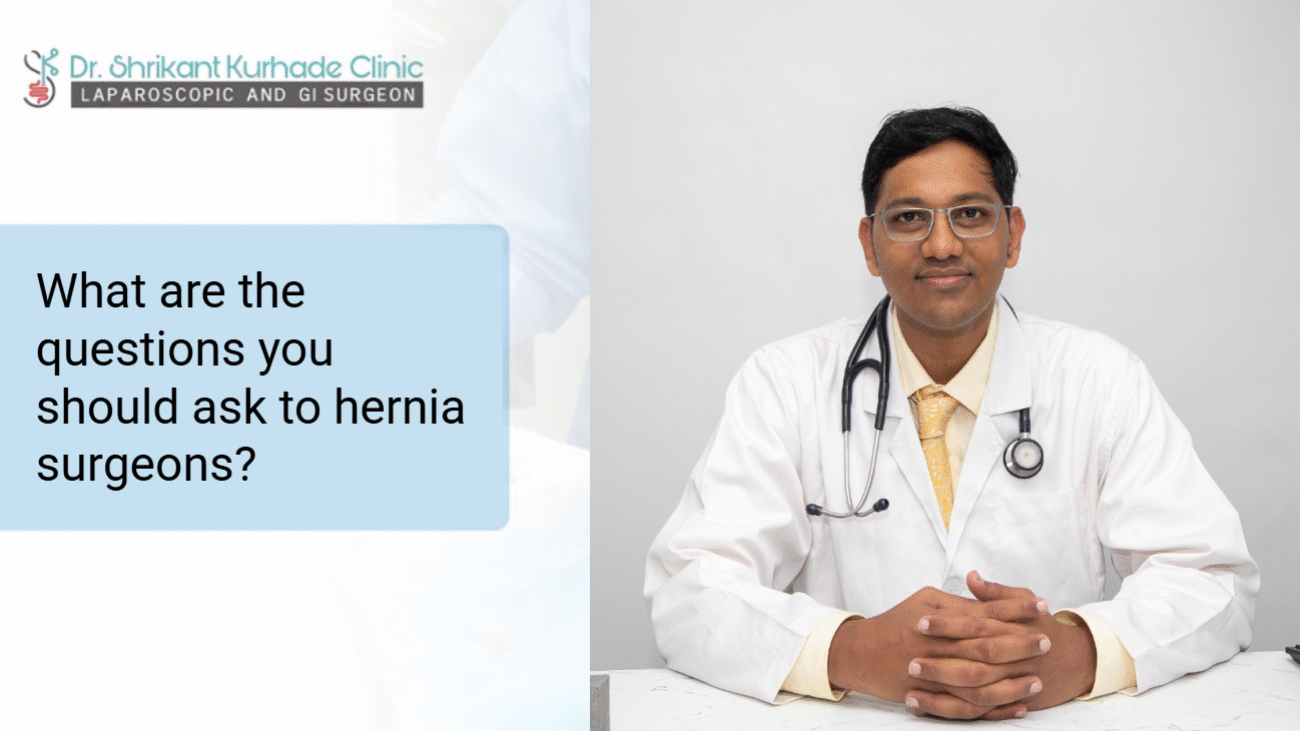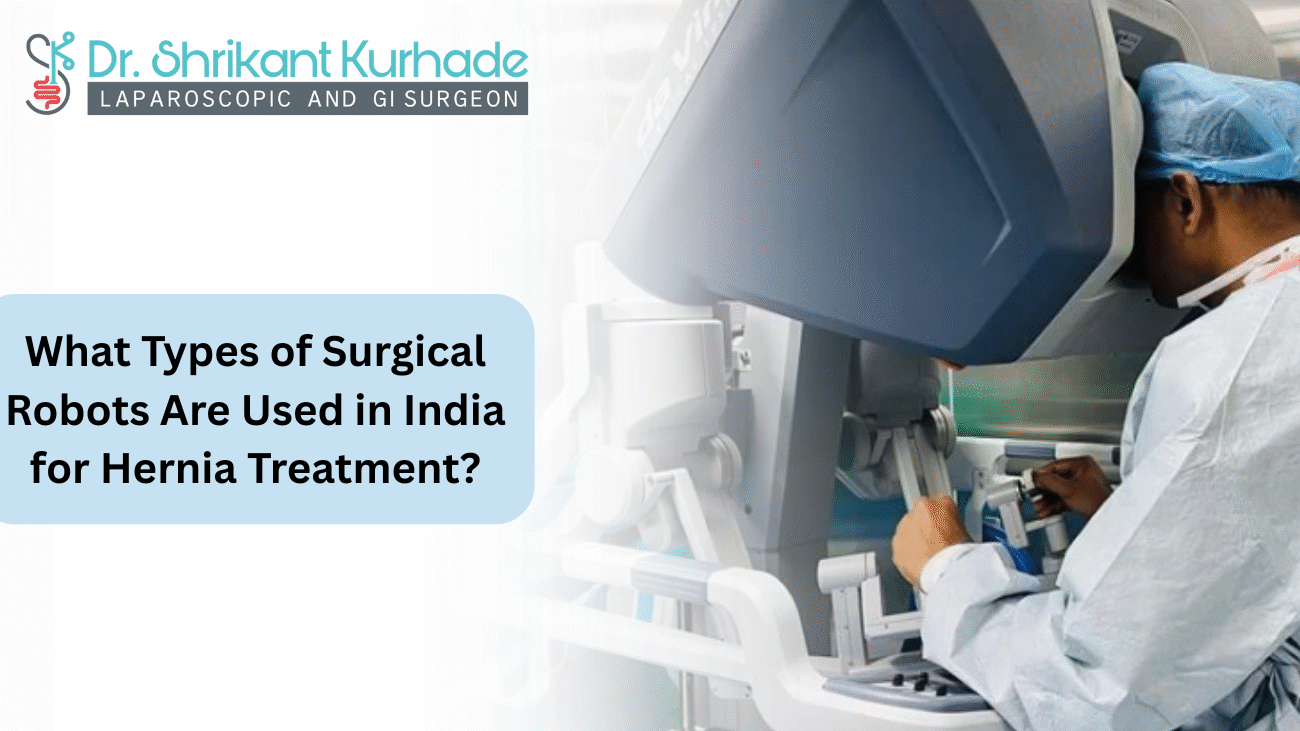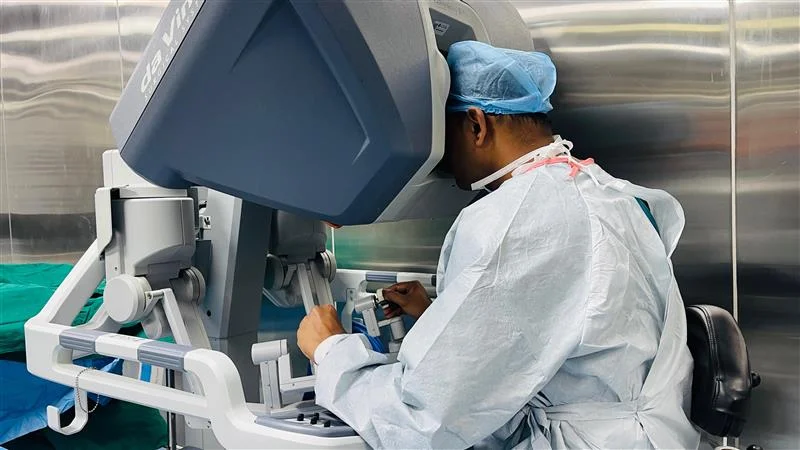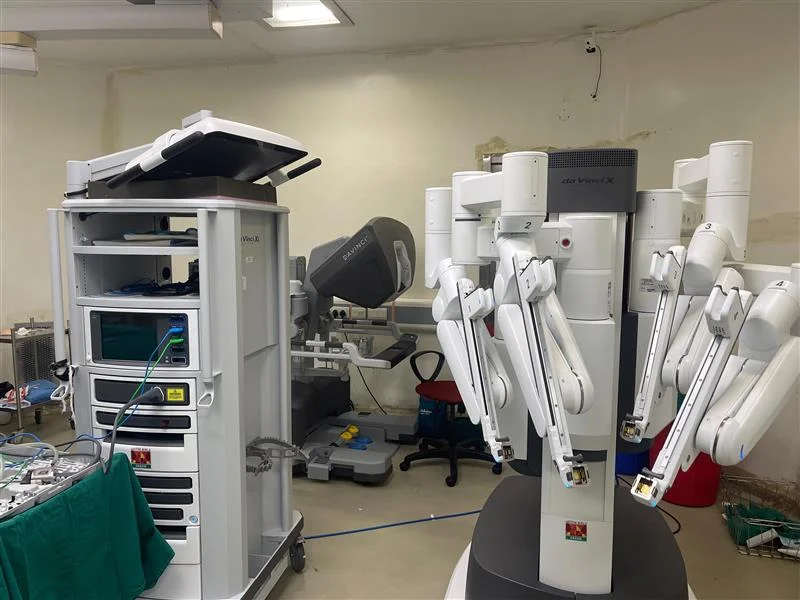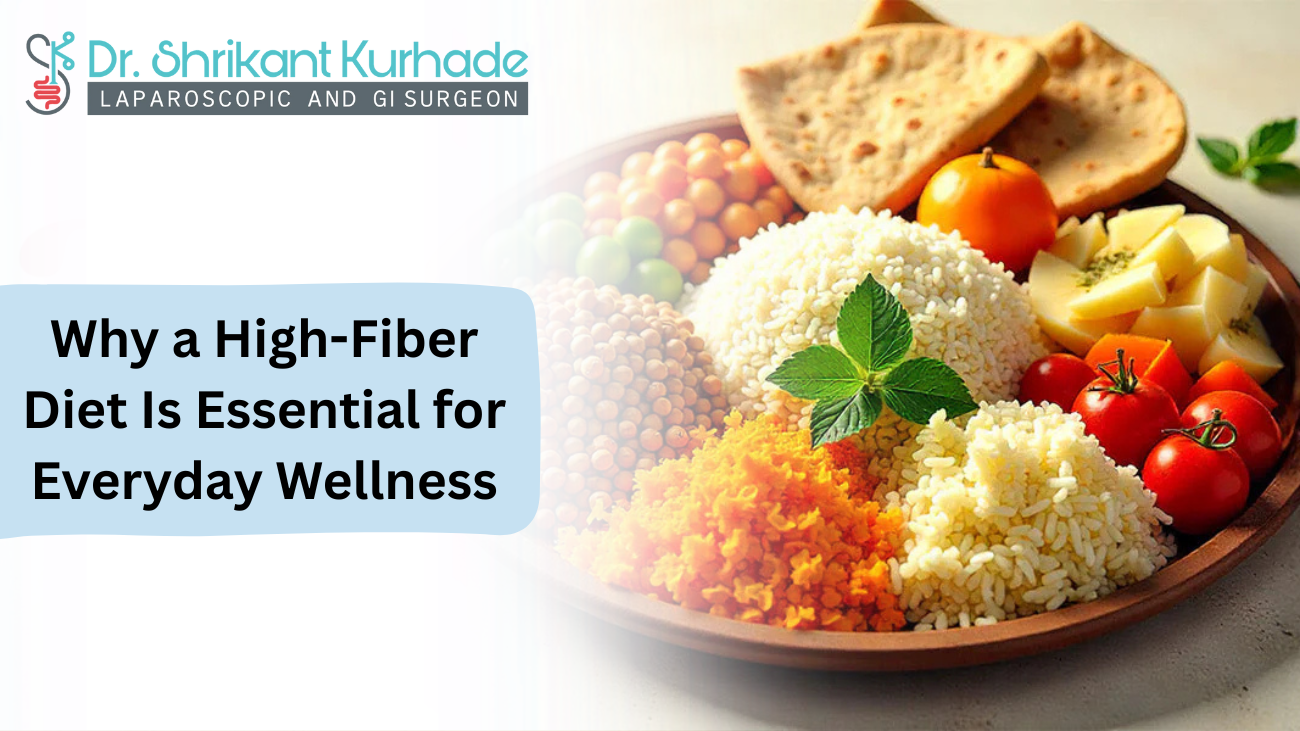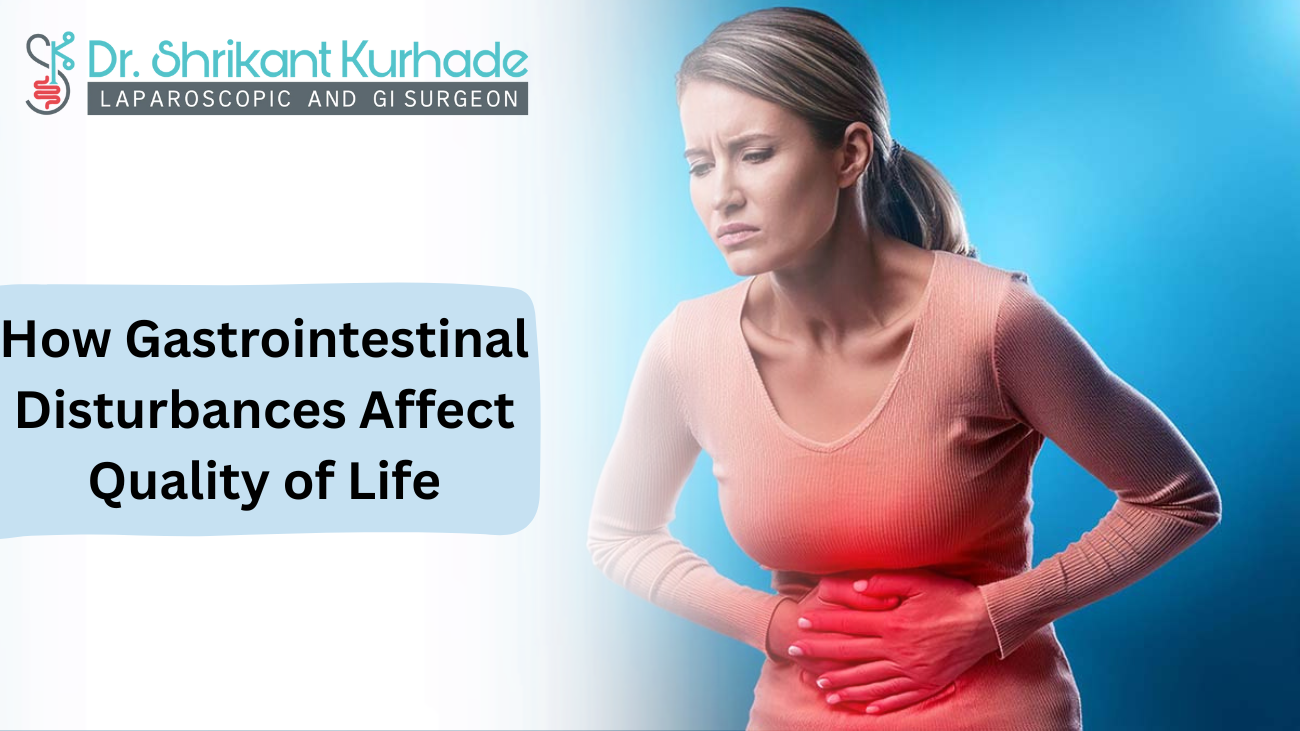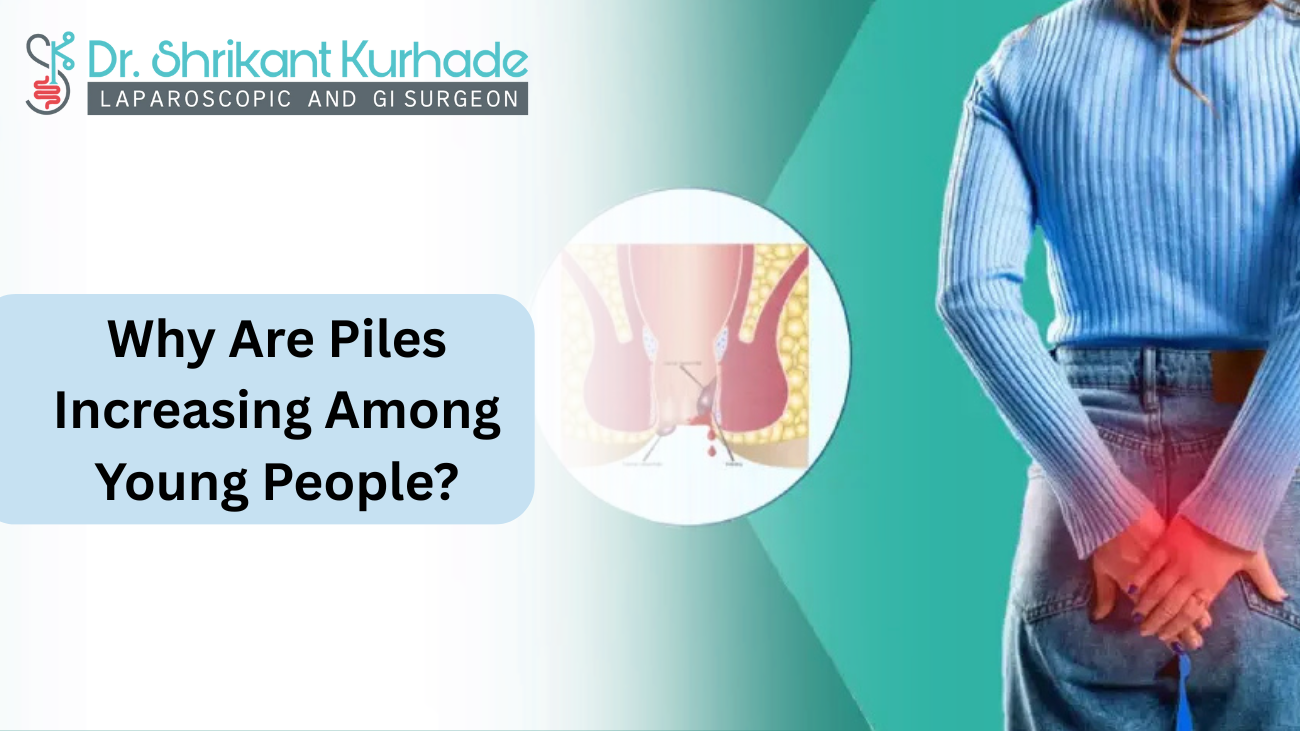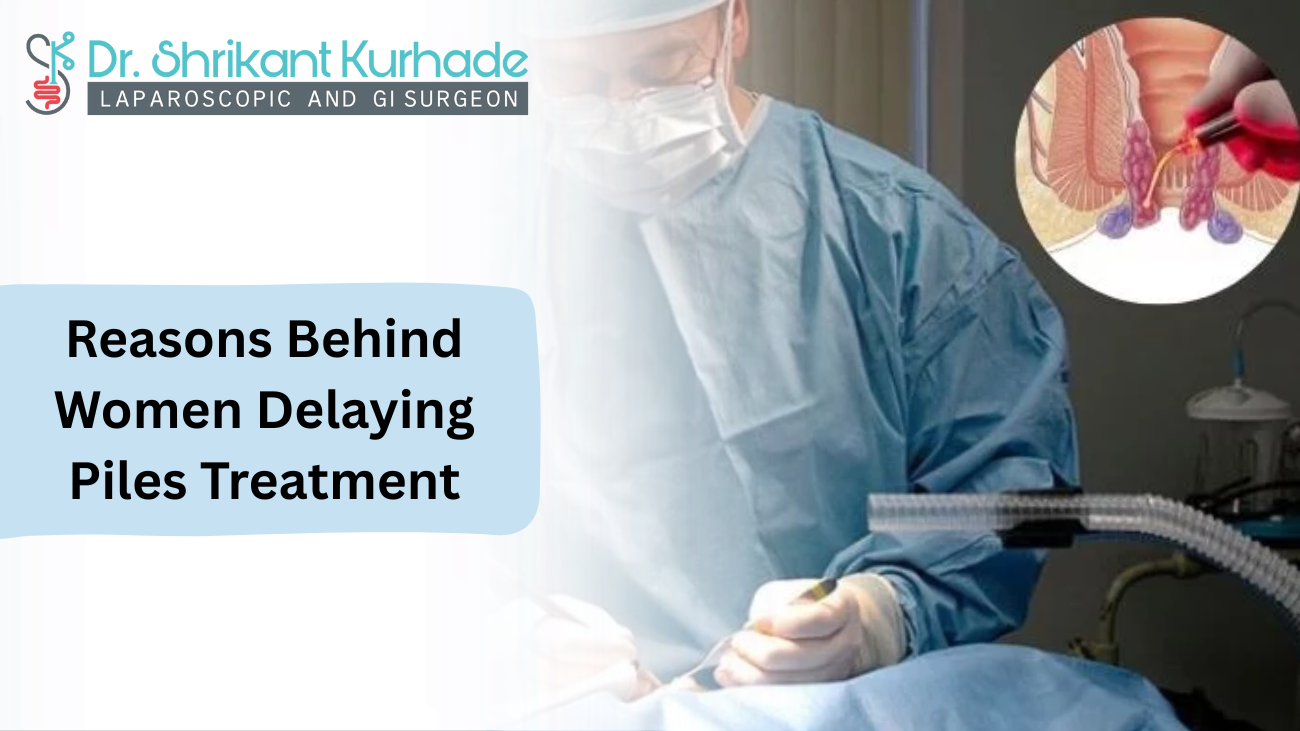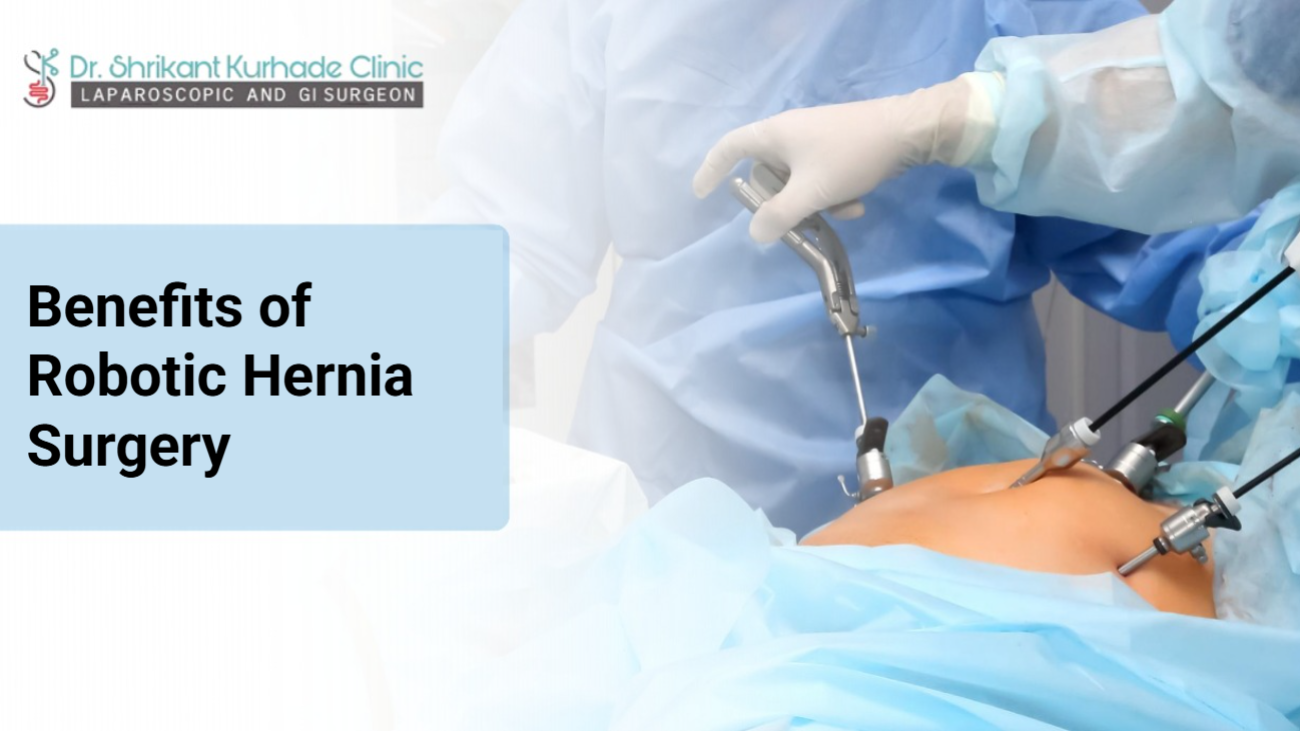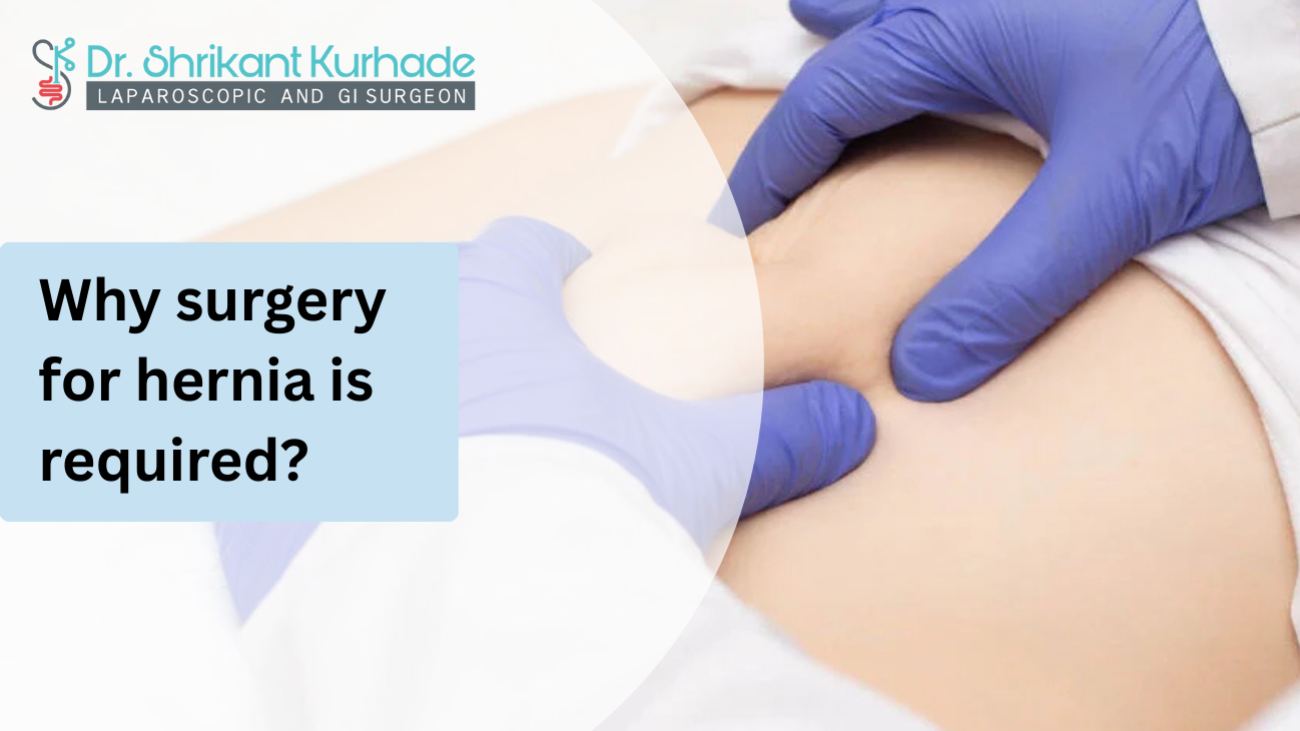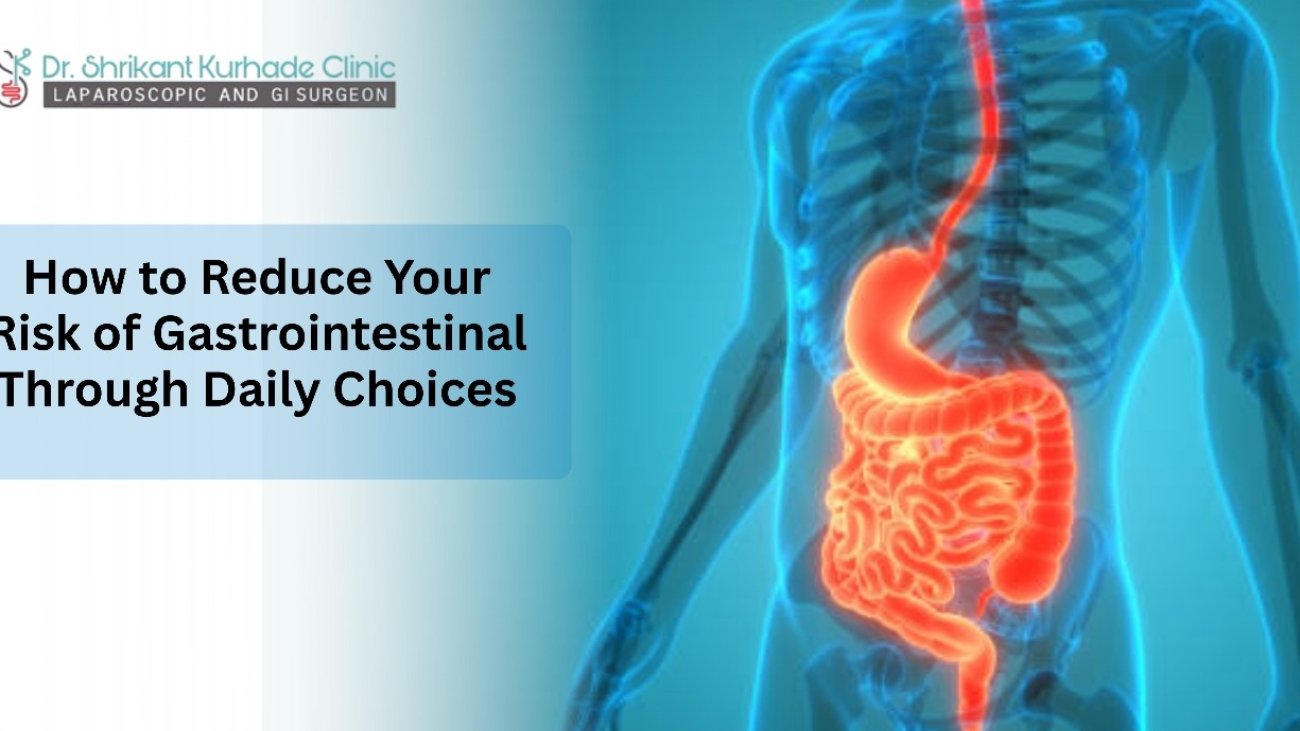Constipation is something most of us deal with occasionally—maybe after a low-fiber meal, a stressful week, or simply not drinking enough water. But when constipation becomes a regular part of your life and starts affecting your comfort, mood, and daily routine, it may be a symptoms of chronic constipation.
Chronic constipation doesn’t just slow your digestion; it can also impact your overall well-being. Understanding why it happens, what symptoms to watch out for, and when to seek medical help can make a big difference in improving your digestive health.
What is Chronic Constipation ?
Chronic constipation means you’re having difficult or infrequent bowel movements for several weeks or even months. Most people with chronic constipation have:
- Fewer than three bowel movements per week
- Hard, dry stools
- Straining or discomfort while passing stools
Unlike occasional constipation, which usually resolves quickly, chronic constipation sticks around and often needs proper treatment.
Why Does Chronic Constipation Happen?
There’s no single trigger for this condition—chronic constipation causes can range from lifestyle habits and dietary choices to certain medications or underlying health problems. Here are some of the most common factors:
1. Not Enough Fiber
Fiber helps add bulk and softness to stool. If your meals lack fruits, vegetables, whole grains, and roughage, constipation becomes more likely.
2. Low Water Intake
When the body is dehydrated, the stool becomes dry and harder to pass. Drinking enough water is essential for smooth digestion.
3. Sedentary Lifestyle
Sitting for long hours slows down bowel activity. Even simple activities like walking can help stimulate your digestive system.
4. Ignoring the Urge
Many people hold in stools because they’re busy or uncomfortable using public restrooms. Over time, this weakens the natural urge to go.
5. Certain Medications
Some medicines can slow down your digestion, such as:
- Painkillers (especially opioids)
- Iron supplements
- Some antidepressants
- Antacids with calcium or aluminum
6. Underlying Health Conditions
Chronic constipation may also be a symptom of:
- Hypothyroidism
- Diabetes
- Irritable bowel syndrome (IBS)
- Neurological conditions
- Pelvic floor issues
7. Aging
As we age, metabolism slows down and muscles—especially those in the digestive tract—may weaken, leading to constipation.
Common Chronic Constipation Symptoms
Chronic constipation includes more than just fewer bowel movements. You may experience:
- Hard, lumpy stools
- Feeling like your bowels aren’t completely empty
- Straining every time you pass stools
- Bloating or stomach discomfort
- Needing to use your fingers or apply pressure to help pass stools
If these chronic constipation symptoms happen regularly, it’s time to take action.
When To See a Doctor For Constipation ?
Many people feel embarrassed discussing constipation, but it’s important to talk to a healthcare provider if:
- Your symptoms last more than three months
- You experience severe abdominal pain
- There is blood in your stools
- You lose weight without trying
- Your constipation suddenly worsens
- You rely on laxatives frequently
These signs could indicate a more serious issue that needs timely attention.
Treatment Options for Chronic Constipation
The best treatment for chronic constipation depends on how severe the condition is and what’s causing it. Commonly recommended approaches include:
1. Adding More Fiber – Fresh fruits, vegetables, salads, oats, and whole grains help soften stools naturally.
2. Staying Hydrated – Aim to drink at least 2–3 liters of water daily unless advised otherwise by your doctor.
3. Being Physically Active – Simple exercises like walking, cycling, yoga, or stretching can greatly improve digestion.
4. Medications, if Needed
Doctors may prescribe:
- Stool softeners
- Osmotic or stimulant laxatives
- Medicines that help the intestines contract
5. Treating Underlying Conditions – If thyroid issues, IBS, or nerve problems are causing constipation, treating those conditions will help relieve symptoms.
6. Pelvic Floor Therapy – Some people have difficulty coordinating their pelvic muscles while passing stools. Physiotherapy and biofeedback can help retrain those muscles.
Can You Prevent Chronic Constipation? Yes!
Here are some simple lifestyle habits that can keep your digestion smooth:
- Eat more fiber-rich foods
- Drink enough water daily
- Exercise regularly
- Don’t ignore the urge to go
- Manage stress
- Avoid overusing laxatives
Small changes can lead to big improvements in your overall digestive health.
Conclusion
Chronic constipation is uncomfortable, but it’s also very treatable. By understanding the causes, recognizing the symptoms early, and seeking help when needed, you can prevent complications and feel better faster. If your constipation doesn’t improve with home remedies or continues for months, it’s important to consult a healthcare professional.
If your symptoms continue or become more severe, it may be time to seek professional Constipation Treatment in Pune. Consult Dr. Shrikant Kurhade at KK Care Clinic for expert diagnosis and a personalized treatment plan tailored to your needs.

